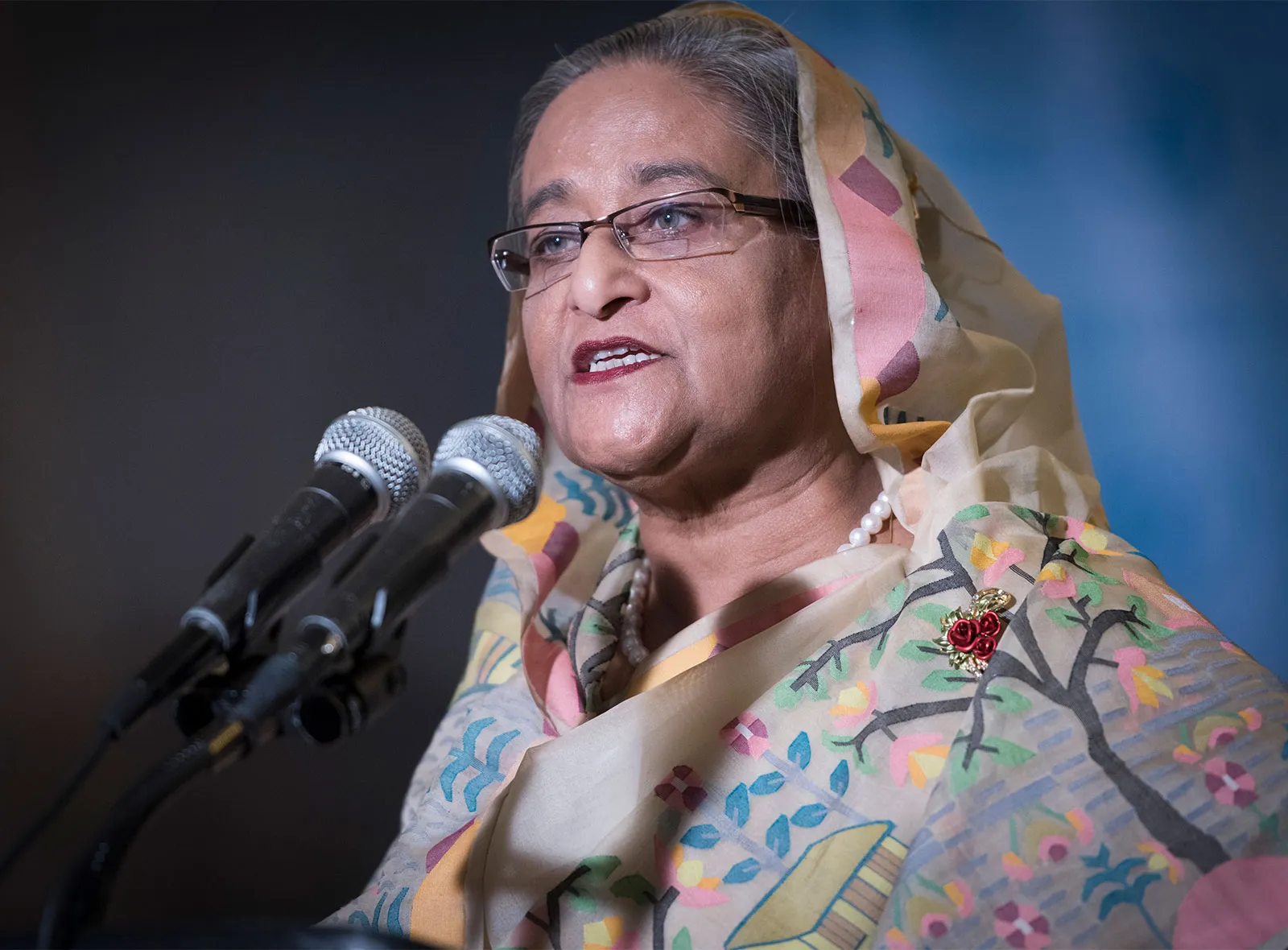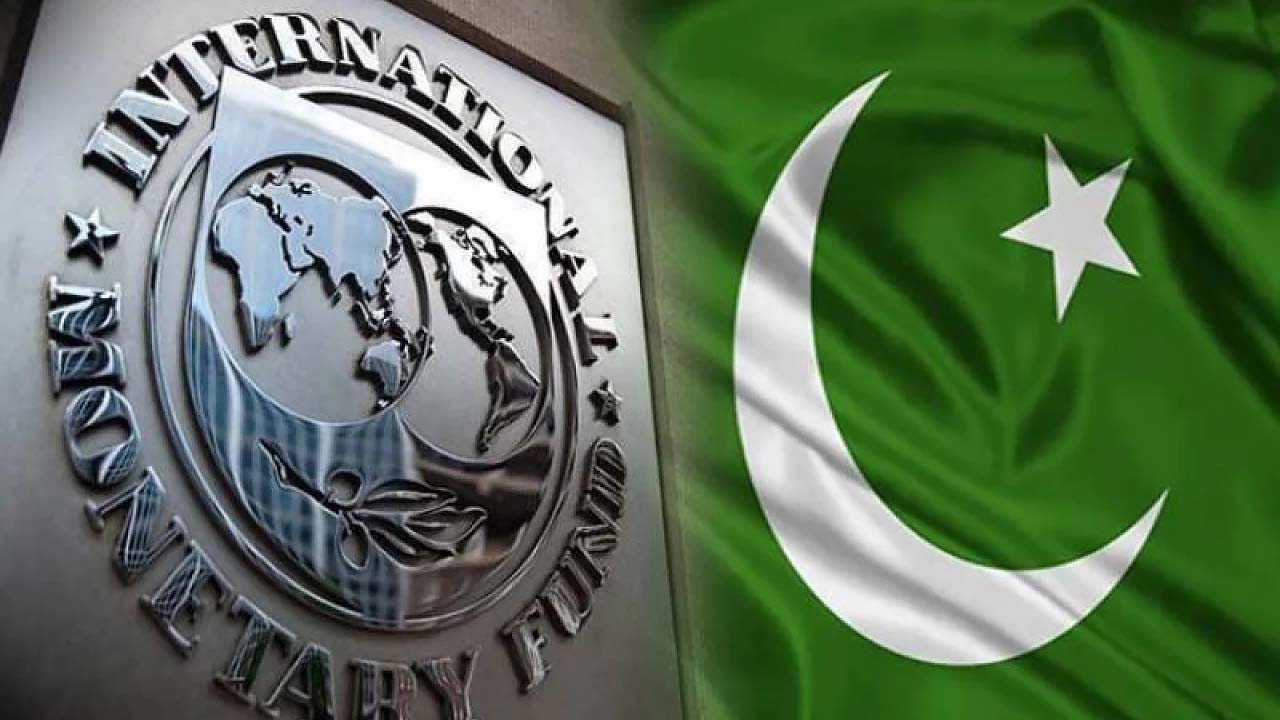PTBP Web Desk
The political landscape of Azad Jammu and Kashmir (AJK) experienced a major shift on Monday as a no-confidence motion against Prime Minister Anwarul Haq succeeded in the legislative assembly. The development, backed by the region’s major political parties, paved the way for the election of PPP leader Faisal Mumtaz Rathore as the new prime minister. The move is being described as part of a broader political realignment aimed at strengthening governance and restoring public confidence.
The session, chaired by Speaker Chaudhry Latif Akbar, opened with Pakistan Peoples Party (PPP) legislator Chaudhry Qasim Majeed presenting the motion. According to assembly officials, the motion secured 38 votes in favour and only two votes against, far surpassing the required majority needed to remove the sitting prime minister. With the motion approved, members moved directly toward electing a new leader of the House.
Shortly after the vote, PPP’s Faisal Mumtaz Rathore was formally elected as the new prime minister of Azad Kashmir. His election marks an important political milestone, particularly for the PPP, which had nominated Rathore as its lead candidate weeks earlier. His rise to office is expected to shift the region’s political direction as parties align toward building a new governing framework.
The no-confidence motion did not emerge abruptly. Over the past month, both the Pakistan Muslim League-Nawaz (PML-N) and the PPP had been negotiating a joint strategy to remove the sitting AJK government. Their decision stemmed from growing dissatisfaction with the performance of the previous administration.
PPP senior leader Qamar Zaman Kaira, while speaking to the media, emphasised that the decision to move the motion was taken unanimously by both parties. He stated that the goal was to develop “a strong political setup that can hold free, fair, and transparent elections in the future.” Kaira described the situation as an opportunity to improve governance and restore institutional efficiency in AJK.
PML-N’s Ahsan Iqbal echoed these sentiments, expressing sharp criticism of the outgoing administration. He argued that the incumbent government had “failed to address the core issues of the Kashmiri people,” including governance challenges, administrative mismanagement, and lack of progress on development priorities. According to Iqbal, the move to form a new government was a direct response to public expectations and was intended to deliver long-term improvements for residents of Azad Kashmir.
He further reaffirmed PML-N’s complete support for the PPP in forming the new government following the successful no-confidence motion. This political alignment between the two major national parties underlines a renewed commitment toward stability in the region.
The AJK Legislative Assembly comprises 52 members, requiring a simple majority of 27 votes to pass a no-confidence motion. Securing 38 votes—significantly above the minimum threshold—demonstrates the level of consensus between opposition groups seeking a leadership change.
Political analysts note that the motion’s success reflects a broader shift in regional political dynamics, influenced by both national-level trends and local governance challenges. The overwhelming support for the motion suggests that legislators shared deep concerns about administrative performance and development stagnation under the outgoing prime minister.
With the new political alignment in place, expectations are rising for the PPP-led administration to implement reforms, accelerate development projects, and ensure transparent governance. The decision also signals an effort to revive cooperation among political allies ahead of future electoral cycles.
Faisal Mumtaz Rathore’s elevation to the office of prime minister brings a renewed sense of direction and anticipation for policy shifts. As a seasoned PPP leader, Rathore is expected to focus on strengthening governance frameworks, improving service delivery, and promoting political inclusivity.
The PPP leadership, including former prime minister Raja Farooq Haider and other senior figures, has described Rathore as a leader capable of rebuilding the administration and restoring trust in public institutions. His immediate challenges will include addressing development delays, improving administrative coordination, and managing political expectations from both coalition members and the public.
Rathore’s government will also be closely watched for its stance on AJK’s developmental agenda, ongoing governance issues, and political reforms. Many political observers believe his election could create a more collaborative environment between the legislative assembly and major political parties in Pakistan.




